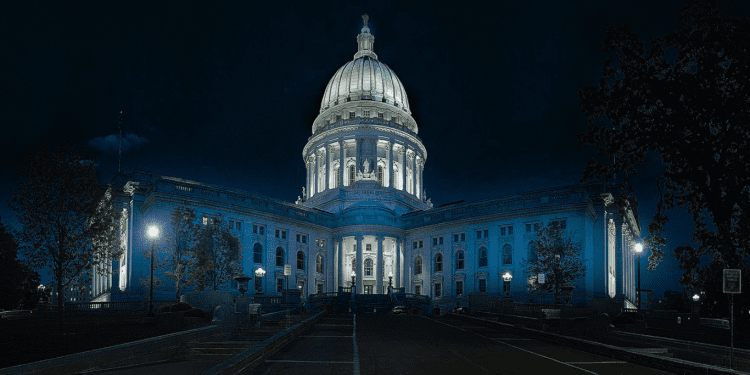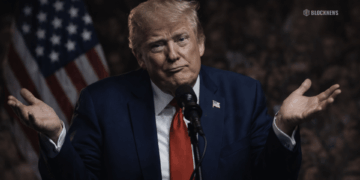As new technology is introduced daily, federal agencies must develop comprehensive and consistent regulations. That said, holding novel technologies such as the metaverse, Web3, NFTs, and other blockchain-related applications is unclear.
A Sliding Scale
NFTs are extremely popular as either collectibles or investments—or both—and give each holder a unique ownership interest in a piece of property. The metaverse boasts beneficial uses such as education, commerce, and entertainment.
But when parties have a dispute, they often turn to the courts. But the decision of the courts may shock people. A recent decision by a U.K. court is relevant here. That court held that parties could serve court documents by airdropping NFTs to wallets.
While that was an interesting case and holding, matters could change based on the public conception of NFTs and the evolving rights that come with NFTs. If we think of NFTs as a means of “electronic communication” that can be seen and tracked by the entire public through the blockchain, then it is easy to see how an NFT is comparable to hanging a poster outside one´s home.
If we accept this proposition that an NFT is akin to hanging a poster outside one´s home, then a host of legal issues arise. For instance, if the NFT displays obscene information or illegal messages, the owner may have legal obligations to remove such information or face a lawsuit for failing to do so.
SEC Regulation
The SEC regulates newly issued securities for registration and disclosure obligations and reporting obligations for securities traded on the secondary market. Broadly, if security contains or is offered/sold with fraud, the SEC will have jurisdiction to initiate an enforcement proceeding against the issuing company.
The same reasoning may apply to blockchain applications—such as NFTs and tokens. The critical issue is whether “the general public would think it is an investment.” So if a whitepaper talks about the investment opportunities of the token or the ability to make a profit by contributing capital to the company, the SEC could reasonably conclude that the company is offering securities.
While this may be characteristic of all NFTs, sometimes the line is relatively thin. Even though many NFTs do not fit this definition, James Woolley, chief marketing officer of Metavest Capital, concurs that several NFT projects may be caught under regulators´ nets.
Tax Regulation
In addition to the complexities of SEC regulation, knowing—and deciding—whether an individual´s NFT activity subjects them to taxation is also tricky. For instance, if a blockchain game requires that users pay an initiation fee, many questions arise if the in-game NFTs rise in value.
In such instances, it is unclear whether playing games in the metaverse could subject the players to capital gains tax or other tax reporting obligations. If this becomes the case, then NFT appraisers and accountants would soon be in high demand to assess the value of the in-game assets, such as NFTs, and then appropriately report it.
Gambling
Consider a metaverse-based casino or play-to-earn game. Many states and countries place heavy restrictions on gambling for public policy reasons. Play-to-earn games and NFT minting may run afoul of the specific state and country laws.
Whether these metaverse games will be seen as a game of skill—meaning that it is not gambling under federal law, as a judge ruled in 2012 for poker—or a game of chance remains to be seen.
Miscellaneous Legal Issues
Virtual real estate, such as NFTs, may be seen as owning property and subjecting individuals to property law. Suppose users interact online with other avatars and hurt each other´s avatars. In that case, it is unclear whether the victim would have an action in tort for negligence or criminal law such as assault.
Other issues include licensing, endorsements, and complying with fair and truthful advertising on social media regarding digital asset projects. Anything disseminated to the public cannot be misleading. Even the FTC proposed amendments to the use of endorsements and testimonials to expand the definition of the endorser to include “computer-generated advertisers.”
Further, numerous issues arise regarding whether avatars can sue and be sued.
Conclusion
Many newer technologies do not fit nicely within existing federal laws. Congress and the courts have attempted to harmonize rules. Despite that, unique and exciting issues remain, which continue to be fleshed out over time.














